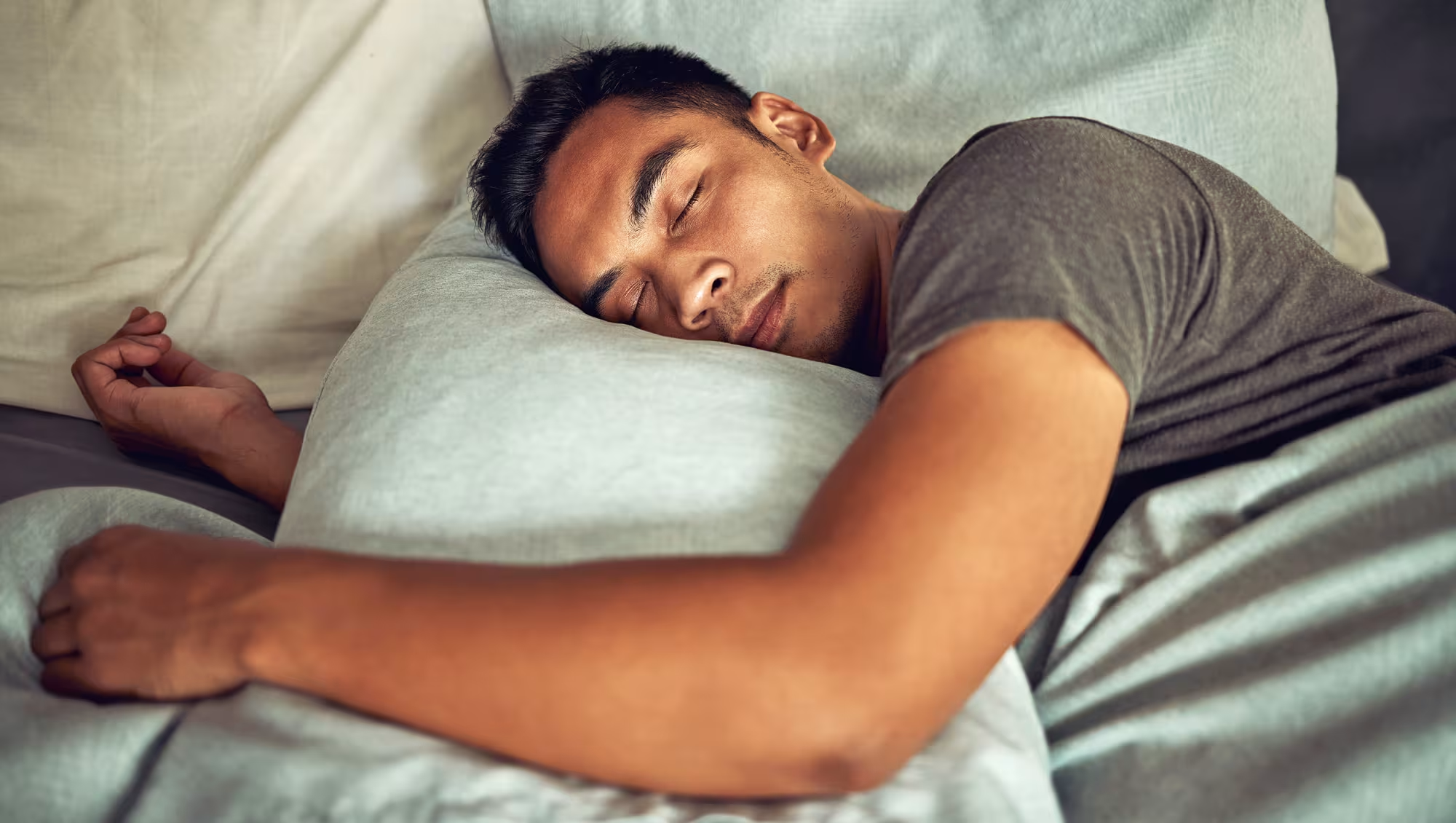What are the symptoms of short sleeper syndrome?
Short sleeper syndrome is a sleep condition where individuals require significantly less sleep than the average person to function well during the day. People with this syndrome typically sleep for 4 to 6 hours per night but still wake up feeling refreshed and alert, without the need for naps or experiencing excessive daytime sleepiness.
Symptoms of Short Sleeper Syndrome include:
- Consistently Short Sleep Duration: Individuals with short sleeper syndrome regularly sleep for a shorter period than the typical 7-9 hours without experiencing negative effects on their daily functioning.
- High Levels of Daytime Alertness: Despite getting less sleep, they maintain high energy levels, concentration, and cognitive function throughout the day.
- No Need for Catch-Up Sleep: Unlike people who are sleep-deprived, those with short sleeper syndrome do not feel the need to “catch up” on sleep during weekends or holidays.
- Good Mood and Mental Health: They generally maintain a stable mood and do not experience symptoms commonly associated with sleep deprivation, such as irritability, mood swings, or anxiety.
- Long-Term Pattern: This sleep pattern is consistent and not due to external factors like stress, lifestyle, or sleep disorders like insomnia.
It’s important to note that short sleeper syndrome is different from sleep deprivation or insomnia. Those with the syndrome naturally need less sleep, whereas sleep-deprived individuals experience negative effects from not getting enough sleep.
What are the causes of short sleeper syndrome?
The primary cause of short sleeper syndrome is believed to be genetic. Research suggests that certain gene mutations may influence the body’s internal clock, known as the circadian rhythm, leading to a naturally shorter sleep requirement.
One specific gene that has been linked to short sleeper syndrome is the DEC2 gene (also known as BHLHE41). Mutations in this gene can affect sleep duration by altering how the brain regulates sleep and wakefulness. Individuals with this mutation tend to need less sleep than those without it.
In addition to the genetic component, other factors may contribute to short sleeper syndrome, though they are not fully understood. These could include:
- Biological differences: Some individuals may have unique neurological or hormonal profiles that allow them to function well on less sleep.
- Environmental influences: While not a cause, certain lifestyle factors, such as a demanding schedule, may reinforce short sleep habits in people who are naturally short sleepers.
Short sleeper syndrome is relatively rare and distinct from other sleep conditions. Unlike insomnia or sleep deprivation, individuals with this syndrome do not suffer from the negative effects typically associated with getting less sleep, such as fatigue or impaired cognitive function.
Is there any treatment for short sleeper syndrome?
Short sleeper syndrome (SSS) is a condition where individuals naturally require less sleep than average, typically around 4-6 hours per night, without experiencing daytime sleepiness or other negative effects. Since this is not considered a disorder but rather a variation of normal sleep patterns, there is generally no specific treatment required or available for short sleeper syndrome.
Management and Considerations:
- Healthy Sleep Hygiene: Even though short sleepers function well on less sleep, maintaining good sleep hygiene, such as having a consistent bedtime routine and a comfortable sleep environment, is important to ensure the sleep they do get is of high quality.
- Regular Health Monitoring: Short sleepers should still pay attention to their overall health and be mindful of any signs of sleep deprivation or other health issues that might arise, as these could indicate that the amount of sleep they are getting is insufficient.
Short sleepers typically lead normal, healthy lives and do not require intervention unless they begin to experience symptoms of sleep deprivation or other health concerns.

Leave a Reply
You must be logged in to post a comment.